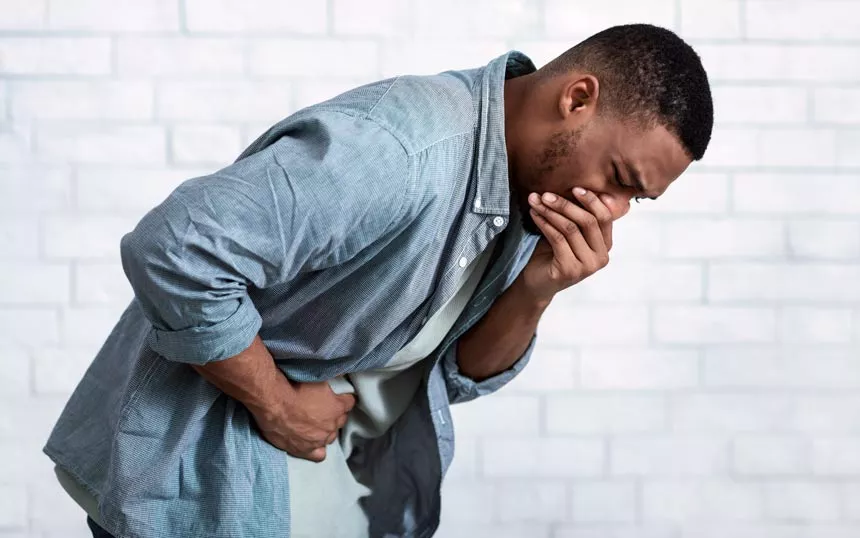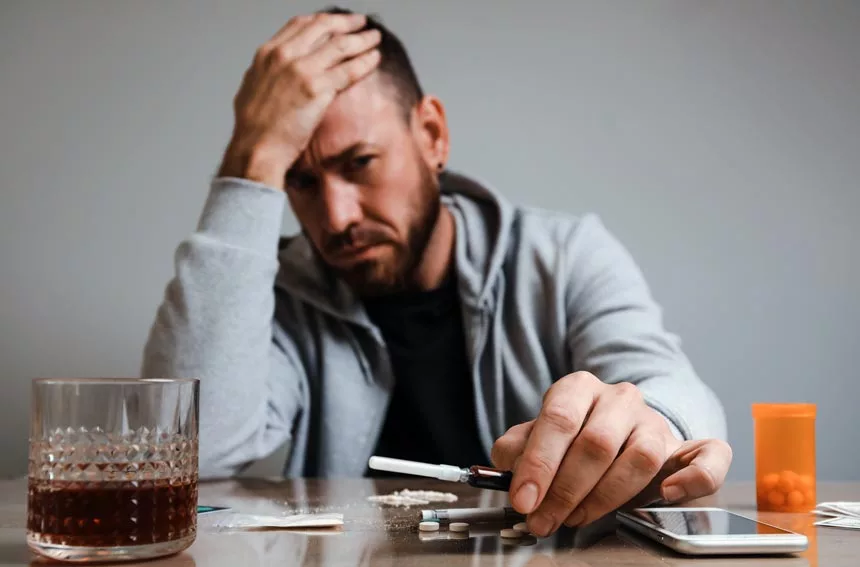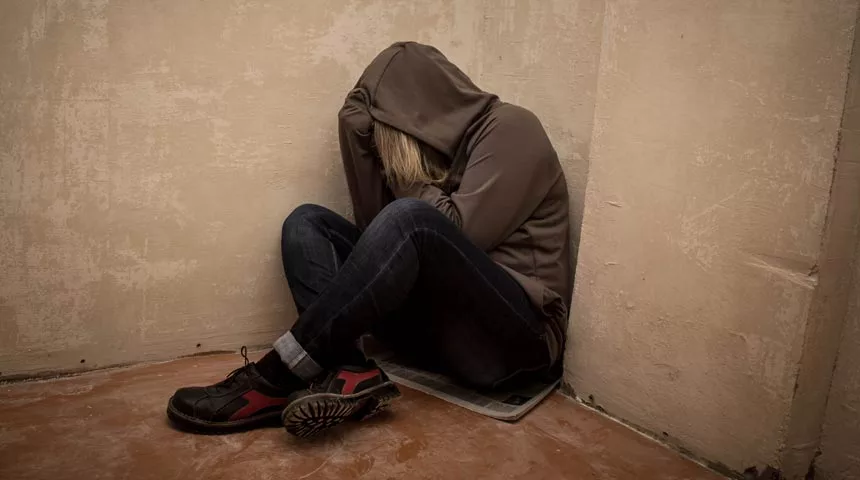Heroin withdrawal is never pleasant. It can be painful, frightening and downright dangerous. Whether it takes place intentionally or unintentionally, withdrawing from any opiate is rough. Knowing what to expect during the process can help immensely.
Keep reading to find out more about withdrawal from heroin and how best to manage these painful symptoms!
What Are Withdrawal Symptoms?
Table of Contents
Withdrawal symptoms are the conditions that come with stopping something an individual was dependent upon. This is most often referred to in cases of drug abuse and are typically very uncomfortable to manage.
Withdrawal symptoms are one of the biggest reasons which lead individuals to relapse and struggle to abstain from drug use. With the severe symptoms of withdrawal, an individual is likely to face intense psychological symptoms.
As many drugs come with very high ‘highs,’ they also come with very low ‘lows.’ Addiction treatment may be supportive for individuals struggling with substance abuse. Heroin is a dangerous substance and it is important to get the help you need if you are struggling with heroin.
What is Heroin Withdrawal?
Heroin withdrawals come with a variety of experiences for an individual who is trying to stop using heroin. Heroin withdrawal symptoms are the effects occur when someone who was using heroin no longer has the drug in their system.
These effects can be physical, psychological or both. Withdrawal may take place deliberately for the purpose of stopping heroin use. It can also happen involuntarily when an addicted individual isn’t able to get the drug.
Now, What are the Symptoms of Heroin Withdrawal?

Heroin withdrawal symptoms can range from mild to severe. The symptoms that occur and to what degree they affect the person depends on the frequency and duration of use and the amount and quality of heroin that was being consumed.
Additional factors that can play a determining role include the individual’s health, age, mental state, and the method of use.Some of the common heroin withdrawal symptoms that may be experienced are:
- Shaking
- Nausea
- Abdominal cramps
- Sweating
- Muscle cramps and spasms
- Fever
- Chills
- Vomiting
- Diarrhea
- Heart palpitations
- Lowered blood pressure
- Elevated blood pressure
- Loss of appetite
- Runny nose
- Tearing eyes
- Sneezing
- Congestion
- Aching in bones
- Tremors
- Trouble concentrating
- Impairment of respiration
- Loss of interest in most everything
- Relapse
Some of the medical and psychological symptoms include:
- Nervousness
- Irritation
- Depression
- Intense cravings for heroin
- Anxiety
- Insomnia
To understand the symptoms of heroin withdrawal, it is important to know how the drug works. Opiates, like heroin, are central nervous system depressants which suppress its functions such as respiration, bodily regulation of temperature, blood pressure, and heart rate.
When heroin is consumed, chemicals in the brain that are responsible for pleasure and pain elimination are increased. That is why addicted individuals often experience a “rush” when the drug enters their system.
Mental health issues are a part of the common withdrawal symptoms of heroin use. The lowered mental health of individuals experiencing withdrawals are expected however, mental health is still one of the risk factors of relapse.
Receiving addiction treatment can provide individuals with the support they need to overcome these issues. Addiction treatment works to support individuals through withdrawals, recovery, and recovery retention.
Can You Die From Heroin Withdrawal?

Death is possible in heroin withdrawal however, it is also unlikely. The danger mostly lies within secondary symptoms that can accompany the withdrawing process. Seizures can occur when an individual struggling with heroin abuse has extremely high levels of the drug in their system and goes into withdrawal.
Respiratory complications can also be a direct result of detoxing. Because heroin withdrawal can be dangerous, and sometimes deadly, it is wise for an individual to be medically tended during the process.
Trained medical staff can monitor the individual and keep an eye out for signs of distress. They can also often preempt fatalities. It is common for an individual to feel as if they are going to die, even when the withdrawal is going smoothly.
Not only can it be extremely uncomfortable, its psychological effects can be grueling. Depression can cause thoughts or even attempts of suicide during the process which is yet another reason a medically supervised withdrawal is advisable.
How Long Does Heroin Withdrawal Last?
Unfortunately, there is no definite answer. Because heroin is classified as a short-acting opioid, it enters the system quickly but exits the bloodstream rapidly. That means that withdrawals can set in before the drug completely leaves the system.
Symptoms can begin as soon as 8-24 hours from the last time an individual used heroin. Generally, the symptoms reach a high peak in 2-3 days which is when the person in withdrawal will usually feel the worse. Five to seven days is the normal expectancy of the heroin withdrawal process. Those who were heavy users may take 10 days or longer.
What is the Difference between Heroin Detox and Heroin Withdrawal?
It is important to know the difference between detox and withdrawal. Detox is the method and the process of removing heroin from the addicted person’s system. Withdrawal is the set of symptoms that occur when detox is taking place.
How to Detox from Heroin
There are a number of ways in which an individual using heroin can detox from heroin. The best way to detox from heroin is to undergo a medical or residential detox. This works best for individuals with moderate to severe withdrawals.
There is also outpatient detox which is more flexible for some individuals. This treatment works in the case of mild to moderate withdrawals as an individual’s experience. As many of the withdrawals of heroin dehydrate individuals, it is important to continue to drink fluids and stay hydrated through this phase.
Inpatient or Residential Detox
When an individual has the option, residential detox is the preferred method. In most cases, medical staff are available around the clock to monitor vital signs and other signals of distress.
Sometimes the edge is taken off by medication designed to calm an individual and ease other symptoms as well like blood pressure levels and muscle cramping. An individual may also be administered a sleep aid.
Psychological needs are attended to in residential detox centers as well. Sometimes this includes medication but almost always involves the availability of an individual counselor and, later in the process or at the completion of detox, group sessions come into play. Recovery-based thoughts and teachings are often introduced at some point as well.
Outpatient Detox
Outpatient detox is not as optimal as residential, but it is the only option some have due to obligations, such as having young children or a job that will not allow for time off. During outpatient detox, an individual usually goes in daily to see someone in the medical profession and/or a drug counselor.
Medication is sometimes administered to help with the process. One such medication is methadone. Upon completion of the detox, an individual is encouraged to continue with their journey by way of individual and/or group counseling and a set recovery plan.
Detoxing At Home
For those who detox heroin at home, the odds are not stacked in their favor but it can be done. It is advisable to have a trusted person stay with the individual during the duration of the withdrawal process.
Medical complications are a possibility and the cravings that occur can be overwhelming which are two good reasons having a supportive, knowledgeable person around is wise. Home remedies can be applied for symptoms to an extent.
Hot baths may help with chills. Cool, wet washcloths can be a comfort if fever arises. Some find that essential oils help such as lavender baths to calm nerves and peppermint rubs to aid muscle cramping.
How to Cope with Heroin Withdrawal Symptoms

Coping with heroin withdrawal symptoms is not easy. In fact, it is quite difficult. But, the end result is the possibility of a clean and sober life that is free from the bondage of heroin addiction. Being aware of the improvements that are to come and holding onto the hope of better days can support individuals through withdrawals.
Many individuals feel hopeless and often face relapse due to their hopelessness however, this is only making their hopelessness worse. Abstaining from substance abuse can support individuals in reaching a stable and more comfortable lifestyle.
As was mentioned previously, a drug use high will also bring a drug use low. Understanding that the two conditions go hand in hand rather than separately can help support an individual through abstinence. A temporary high will only make an individual’s current low and difficult experience harder.
Every individual is different from another and so there is no ‘best way to cope’ with drug addiction. Opioid withdrawal common heroin withdrawal symptoms
Finding Treatment For Heroin Addiction
Heroin is a very dangerous substance that can have unwanted and harmful effects on you or a loved one. Trying to find the right treatment can be overwhelming. Here at Find Addiction Rehabs, we are able to make that process easy.
Whether finding a treatment center in your location or connecting you with recovery tools and resources, our hotline is available 24/7 to make sure you can get the help you need, anytime you need it.
If you or a loved one are struggling with a heroin addiction, it is important to get the proper treatment that fits you. Begin your recovery journey by calling us today!

